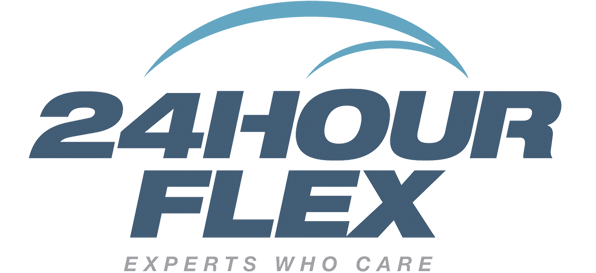In preparation for HSA Day, we're counting the reasons HSAs are beneficial to both employers and employees.
1.) They're Cutting Edge with MILLENNIALS
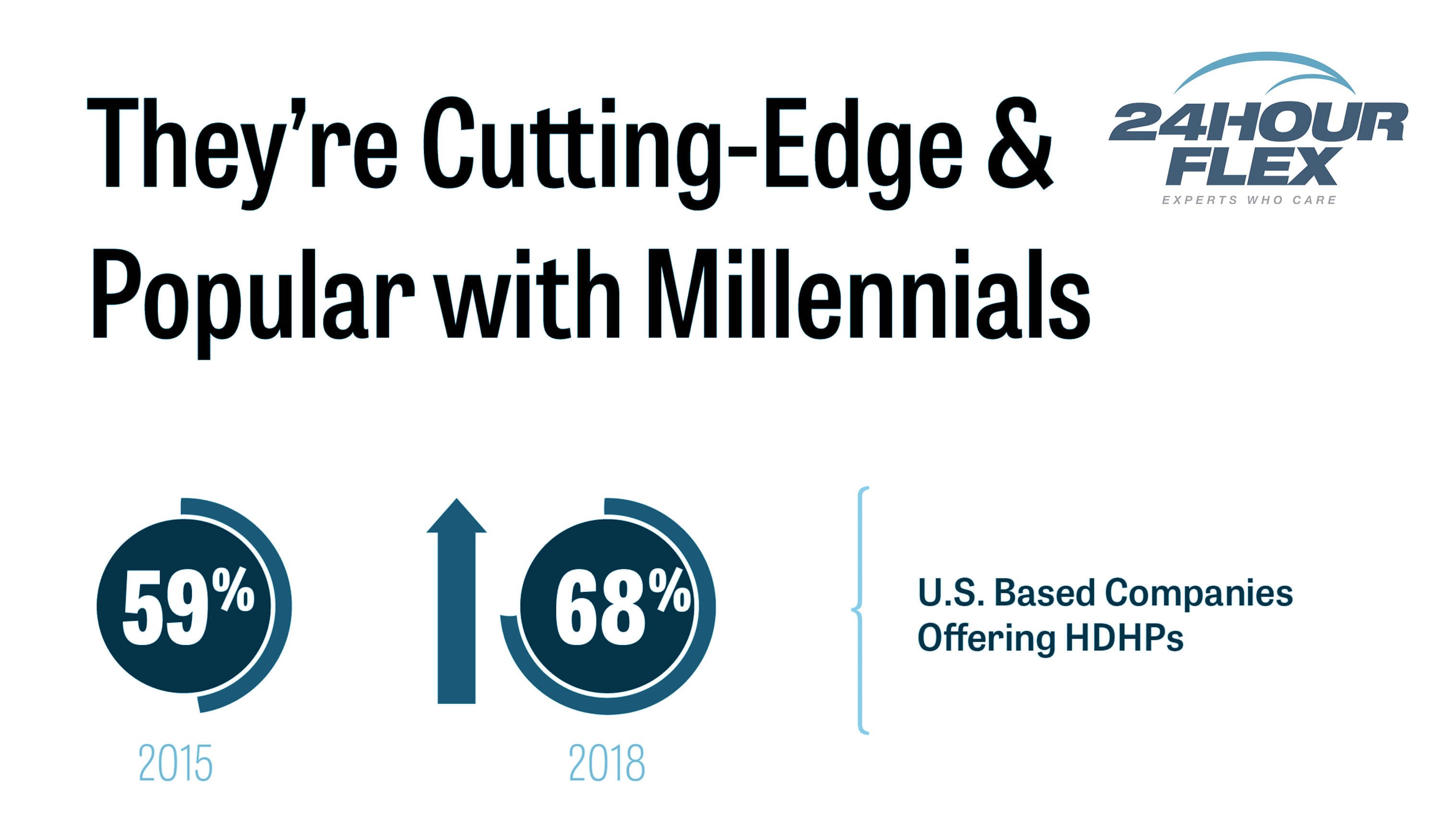
Since the passing of healthcare reform, many employers have moved to consumer directed health plans to control premium costs while promoting smarter healthcare spending. Among the 2,400 companies surveyed by benefits consultant Mercer in 2018, 68% said that they offer an CDHP, up from 59% in 2015. By 2020, it is projected that three-quarters of U.S.-based companies will offer HDHPs.
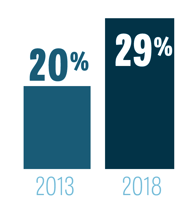
With the adoption of the Affordable Care Act (ACA), many of our nation’s young adults are opting for the higher deductible plans. According to the Kaiser Family Foundation, enrollment in HSA qualified plans has increased over the past five years, from 20% of covered workers in 2013 to 29% in 2018.

2.) They're affordable and portable
Health savings accounts, or HSAs, are available for people less than 65 years old with high-deductible employer or individual health insurance coverage, including ACA plans. The plan must have a deductible of $1,400 or more for an individual, and $2,800 or more for family coverage. What makes a high-deductible plan more attractive is the premium. HDHPs typically see a premium percentage lower than preferred provider organization (PPO) plans.
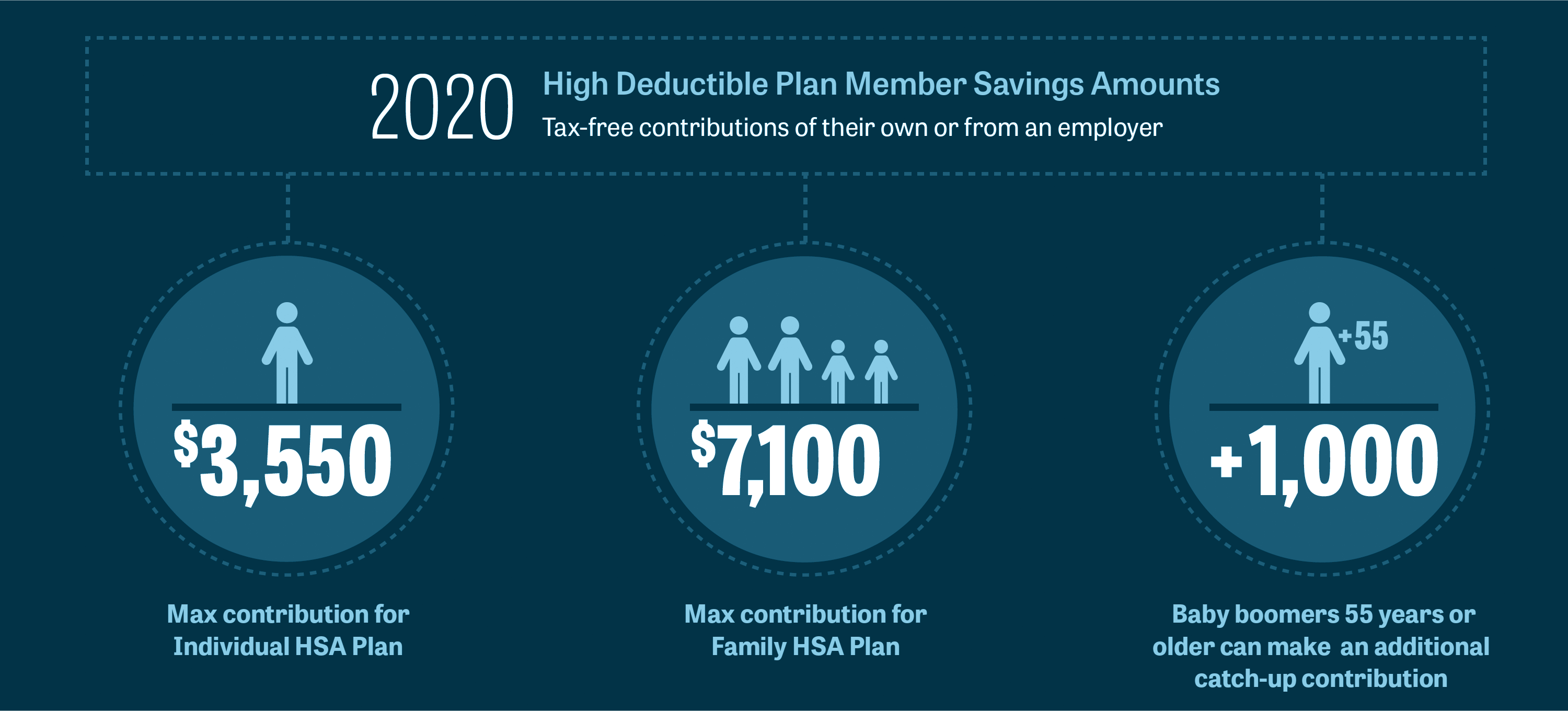
An HSA isn’t affected if an employee changes employers; his/her HSA follows him/her to the new employer. Once the money is deposited in the account, the money is the employee’s to save, use, or invest. There is no expiration date and the money can be passed on to beneficiaries upon death.

3.) They increase consumer engagement & CONTROL
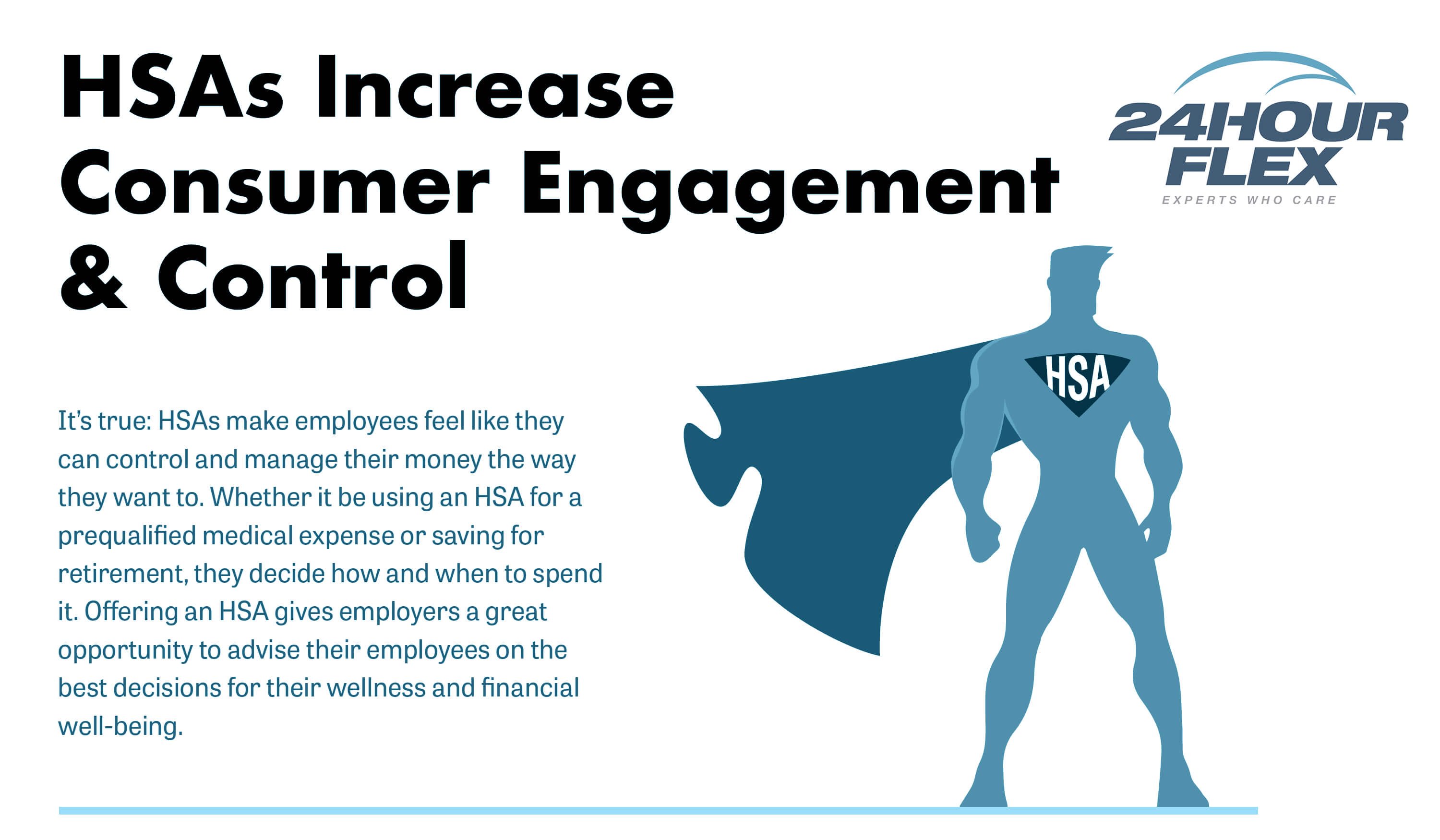

Many employees are familiar with flexible spending accounts (FSAs) and how they work, so it is important they understand the difference between an FSA and an HSA. Keep in mind the ‘use it or lose it’ provision with FSAs. HSAs provide retirement options as well as the possibility of employer contributions. Educating employees on the similarities and differences between an FSA and an HSA will help increase their awareness and engagement in utilizing the account.
4.) THEY're an ira in disguise

Employees can contribute to their HSA and accrue interest just as they would an IRA. The triple tax advantages of HSAs lead the pack for why HSAs are a great bet for investment dollars: Account contributions are pre-tax or tax-deductible, and all earnings, interest, and investment returns are tax-free. This is a great way to encourage employees to be financially strategic and healthy in their decisions this enrollment season. Funds from an existing IRA can even be rolled over into an HSA. This is a once-in-a-lifetime option, but one to possibly consider when looking at the tax advantages of an HSA. The overall goal is to ensure the HSA complements their existing portfolio, including their 401(k).
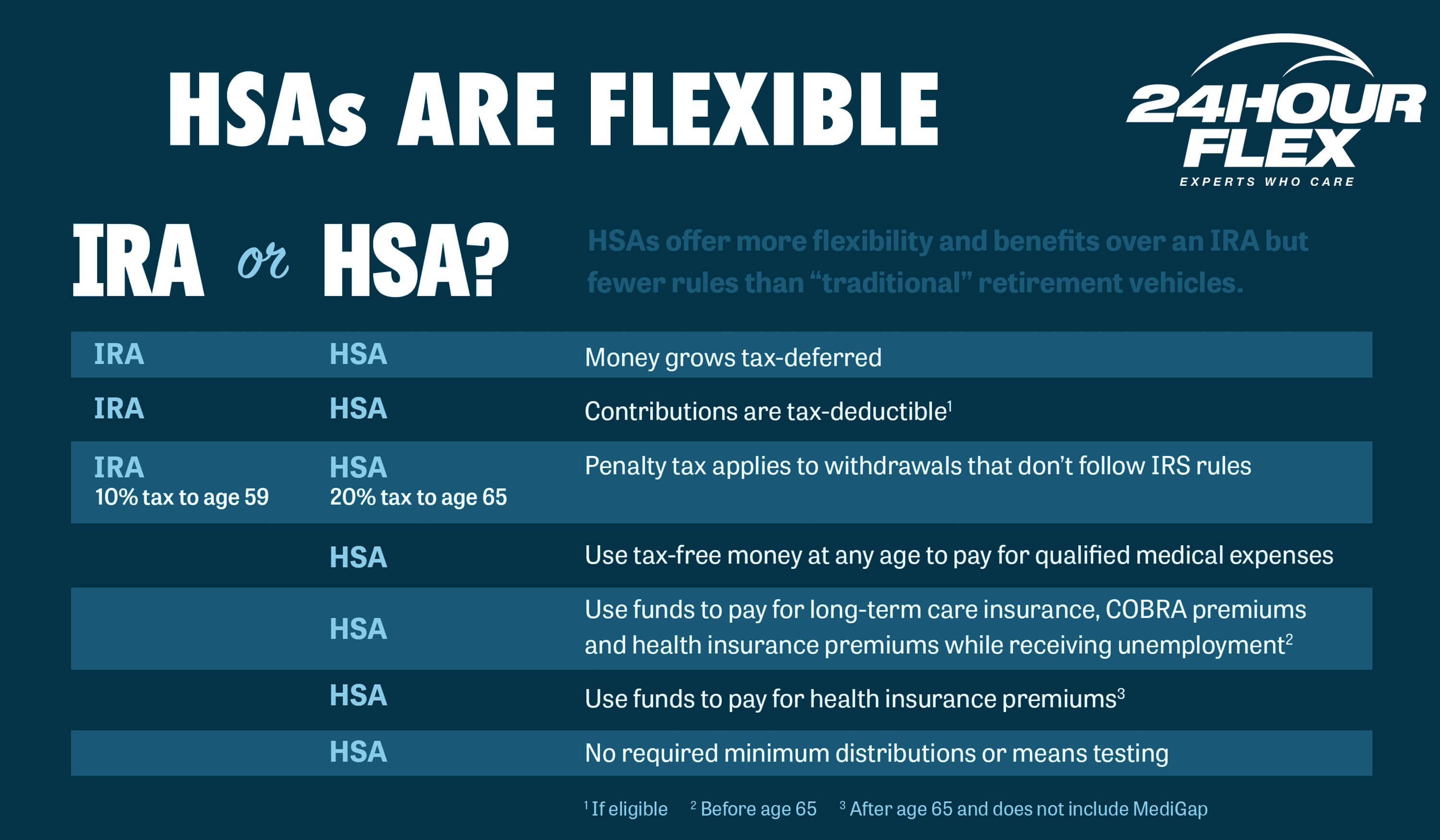
5.) They drive "stickiness" & account retention

It is common knowledge that it takes more time and resources to attract a new customer than it does to retain a current one. That’s why it is more important now than ever to pay attention to your existing customer base. Holding HSAs for employees tends to increase their “stickiness” and decrease the chance that they will leave the company. The goal here is account retention.
A key employee benefit of an HSA over other types of accounts is that the money stays with the employee. Once the money is deposited into their account, they own it. Employees can take an HSA with them wherever they go and even if they change employers. Additionally, any money left over in the HSA at the end of each year remains in the account and continues to roll over—tax deferred and earning interest.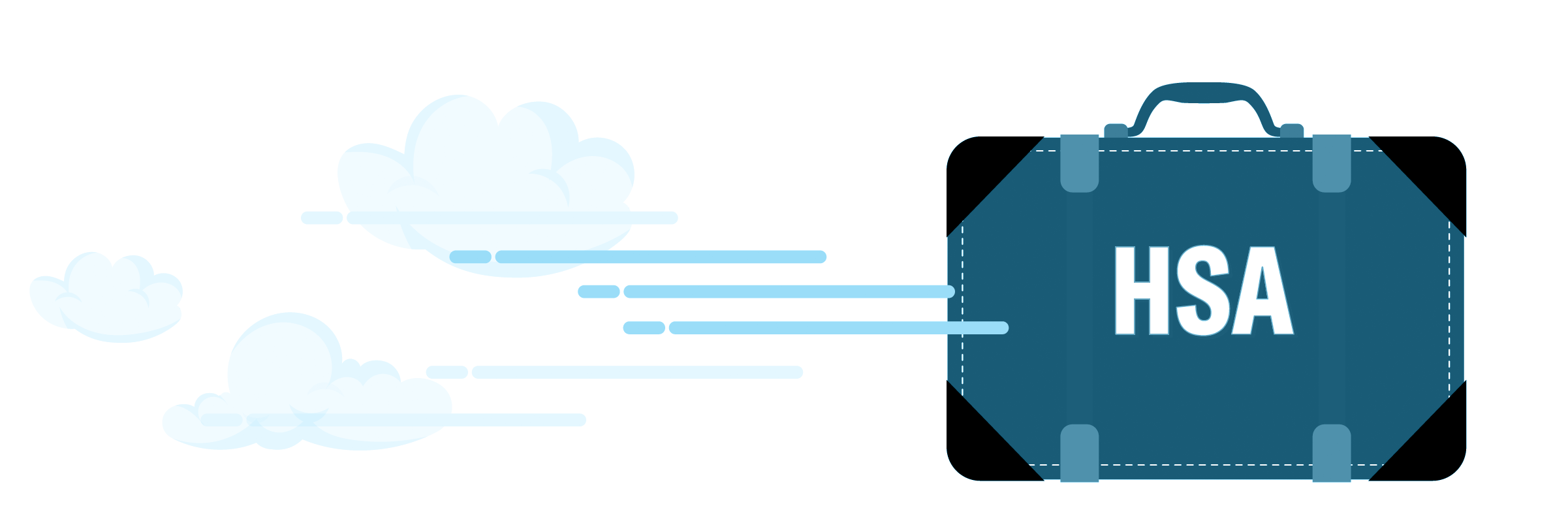
Questions about HSAs? Register for HSADay!
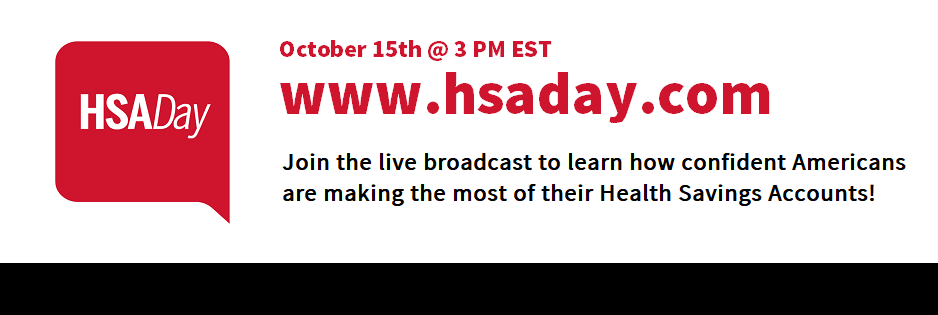
Blog Partner | Wex
